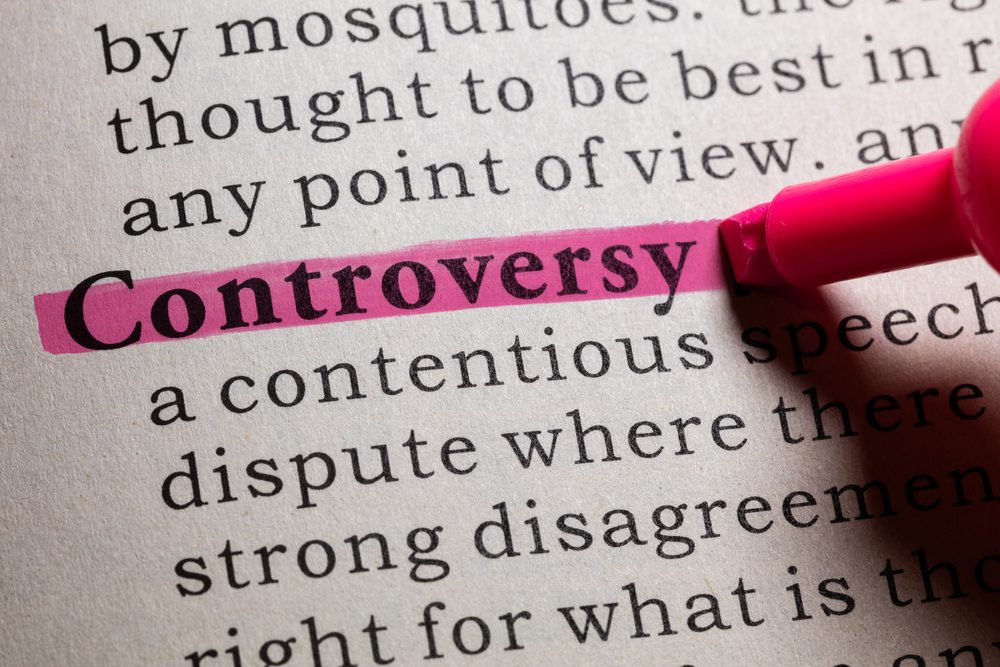I’ve felt like an impostor for all of my life.
As a college freshman, when I was offered a job on the operations team for the 2003 Mars Exploration Rovers, I thought I was getting away with something. A week before the offer came, I was daydreaming about space in my home city of Istanbul. All of a sudden, I had front-row seats to the action, helping design operations scenarios and writing code that would snap photos of the martian surface. I began to have recurring nightmares that my boss—the principal investigator of the mission—would tell me that he’s done his job (investigate), had caught up to me, and it was all over.
The first time I walked into a classroom as a law professor, I was nervous as hell. Five minutes into the class, I tripped over some computer wires, nearly producing an unhappy meeting between face and floor. I imagined the students thinking that if I was incapable of simultaneously walking and talking, I was surely incapable of teaching them anything of use. It was only a matter of time before someone alerted the Dean to the clumsy imbecile who ended up behind the podium by some fluke.
When my first book proposal was accepted, I double checked the name on the contract to make sure it wasn’t some terrible mixup. Even after I started writing the book, I thought that my publisher would eventually come to its senses and pull the plug.
I later learned that there’s a name for this feeling: the impostor syndrome. The syndrome is enforced by what the great Amanda Palmer calls the Fraud Police:
“The Fraud Police are the imaginary, terrifying force of ‘real’ grown-ups who you believe – at some subconscious level – are going to come knocking on your door in the middle of the night, saying: We’ve been watching you, and we have evidence that you have NO IDEA WHAT YOU’RE DOING. You stand accused of the crime of completely winging it, you are guilty of making shit up as you go along, you do not actually deserve your job, we are taking everything away and we are TELLING EVERYBODY.”
At its extreme, the imaginary fraud police squad can be crippling. It can stop us from taking risks and doing things differently.
But the dose makes the poison. At moderate levels, the impostor syndrome is a virtue rather than a vice.
Here’s why.
Doubt and learning come hand in hand. If we believe the fraud police might show up at any moment to question our capabilities, we cross our t’s and dot our i’s. We rehearse that speech until we know it cold, and we over-prepare for that job interview. Even when success arrives, we don’t let our guard down, knowing that the fraud police can whisk it away at any moment.The moment you think you’ve made it is the moment you stop learning.
The decline of the impostor syndrome often gives rise to ego and hubris. When we think we know the answers, we stop listening. When we think we’re destined for greatness, we start blaming others if things don’t go as planned and stop learning from our mistakes. When we declare ourselves to be an expert on something, we begin asserting confident conclusions without bothering to gather all of the facts.
At 75, after more than five decades of acting, Henry Fonda still suffered from the impostor syndrome. Before every single performance, he would throw up in his dressing room.
But what’s important is what he’d do next. He’d clean himself up, drink some water, march on stage, and start doing his job. Once Fonda began performing his craft, the fraud police would move to the shadows. He’d marvel audiences and show up the next day to do the same.
Rinse and repeat.
If you don’t feel like an impostor, you’re not trying hard enough. The fraud police shows up only when you step outside of your comfort zone. Their sirens begin blaring when you think your approach may not work and others may point and laugh.
The next time you feel doubt creeping in, embrace it. You’re on the right path.



